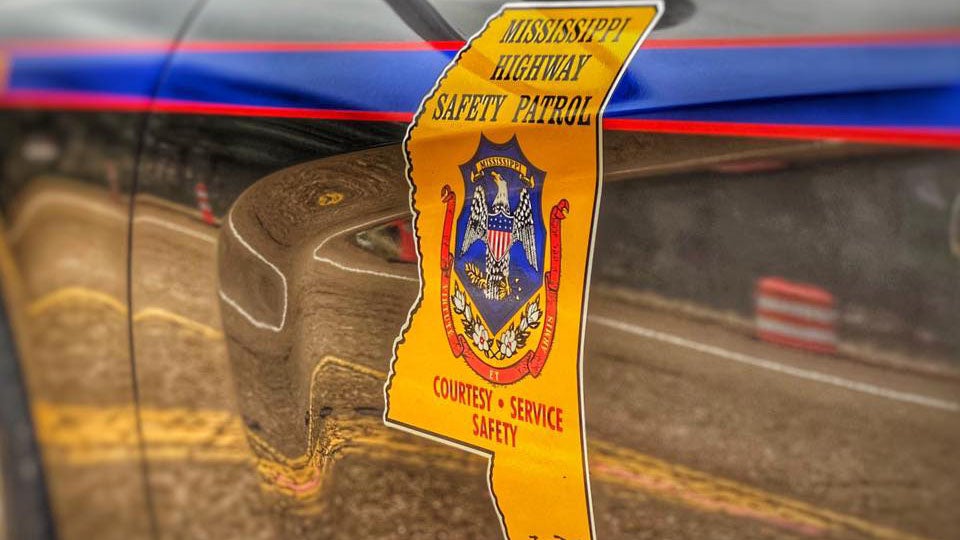Better system needed for state absentee voting
Published 6:00 pm Sunday, August 28, 2011
The problems with paper persist.
Specifically, we’re talking about the paper absentee ballots usedin Mississippi elections.
In Lincoln County, for example – despite the good intentions oflocal election leaders – full results of Tuesday’s party primaryrunoffs were not known until well after midnight on Wednesdaymorning.
Vote totals from ballots cast using electronic machines weretallied about around 10:30 p.m. Tuesday – a very acceptable timeand a vast improvement over the Aug. 2 primary, which was rife withproblems.
The big “however,” though, came from the some 750 absentee ballotsthat had yet to be counted after the electronic ballots weretotaled.
First primary ballots with vanquished candidates’ names markedthrough were used as second primary absentee ballots, thuspreventing them from being accepted by the vote-tabulating machine.So all of the absentee ballots had to be hand-counted.
On the bright side, improperly marked ballots – a common problemwhen trying to count paper ballots by machine – were not an issueTuesday, since the human vote counters on the resolution boardcould easily determine the voters’ intentions. Still, hand countingamounted to a time-consuming task.
In the 21st Century, determining who wins and loses elections doesnot have to be this arduous an endeavor.
Several election observers Tuesday suggested setting up machinesfor voting in advance for those who will out of town or otherwiseunable to go to their designated voting precinct on election day.That idea makes sense for several reasons.
First is the speed factor in tabulating votes at the end of theday.
Tallying vote totals from a machine is a matter of a few pushes ofsome buttons. Greatly minimized would be the chance of paper ballotrejection due to improper markings, creases or other issues.
Granted, paper absentee ballots would still be needed for militarypersonnel overseas or some nursing home residents who simply can’tgo to the polls to vote. But counting this limited number of paperballots would go a lot faster than having to count the hundreds ofabsentee ballots we’re currently seeing.
Secondly – and perhaps more importantly – would be the reduction inthe potential for election fraud through absentee voting.
Secretary of State Delbert Hosemann – citing the increasing numberof absentee ballots as a percentage of total votes cast across thestate – has recently raised concerns about the possibility ofabsentee voting fraud. Mailed absentee ballots, in which there isno face-to-face verification of a voter’s identity, would seem tobe an area ripe for abuse.
The clear path to better elections would need to involve some formof early voting, a practice utilized in a number of states but notyet embraced by Mississippi lawmakers. It appears to be high timefor serious consideration of absentee voting via electronicmeans.
Of course, proper oversight measures – such as setting up votingmachines in secure areas such as the circuit clerk’s office – mustbe a part of any early voting effort. And like any election-relatedchange, a move toward electronic absentee voting would have to winthe U.S. Justice Department’s blessing.
But those hurdles can be overcome.
The first step in that journey is for state election leaders andlawmakers to talk about implementing a better system.
It’s time to put away the paper.




